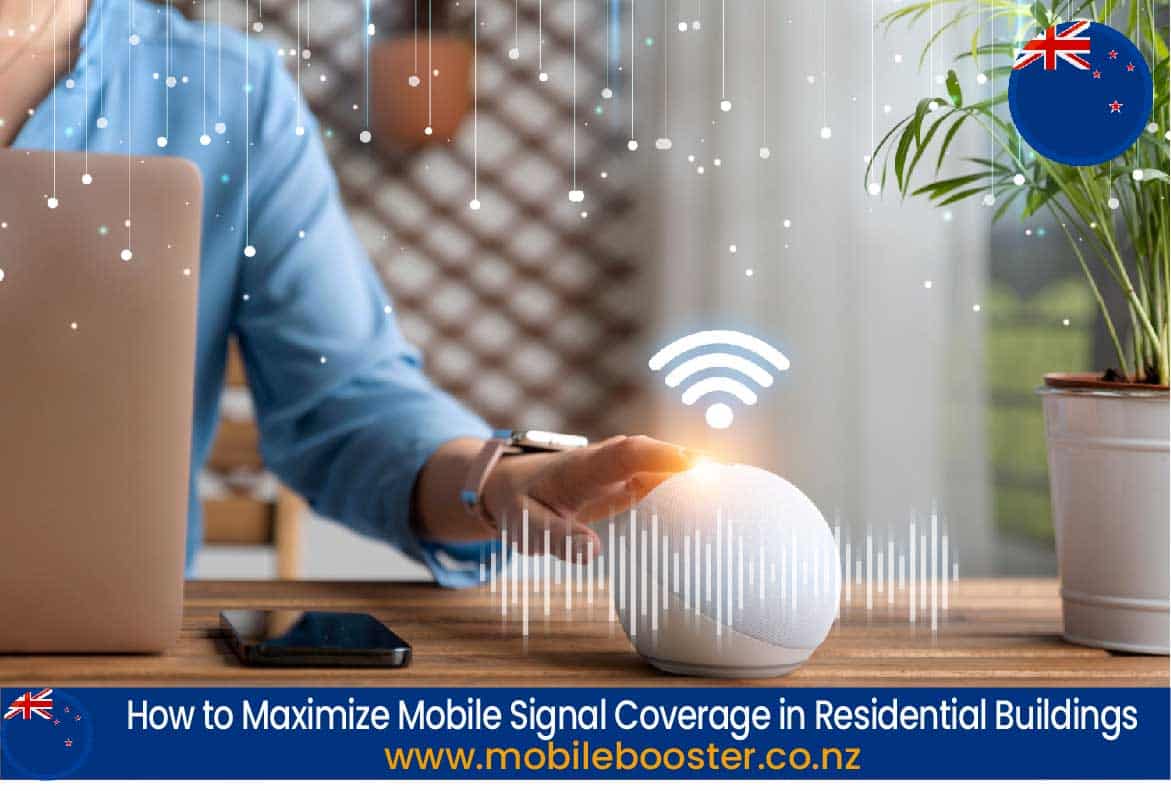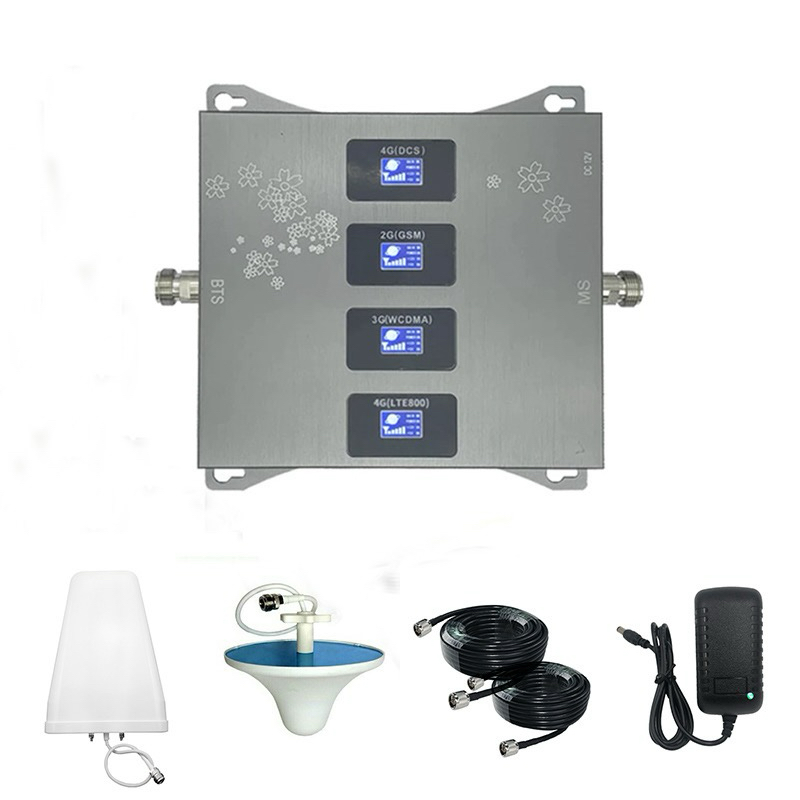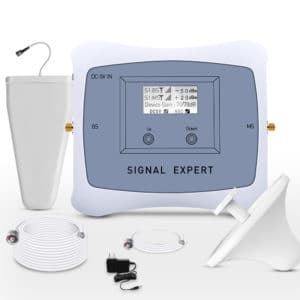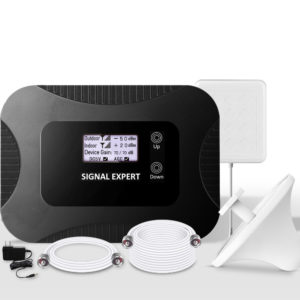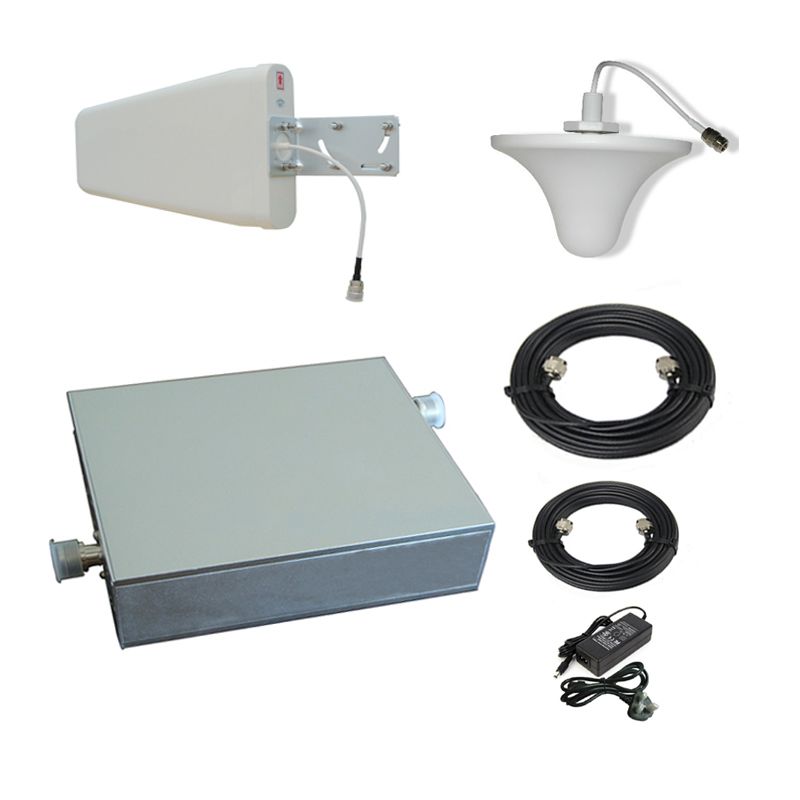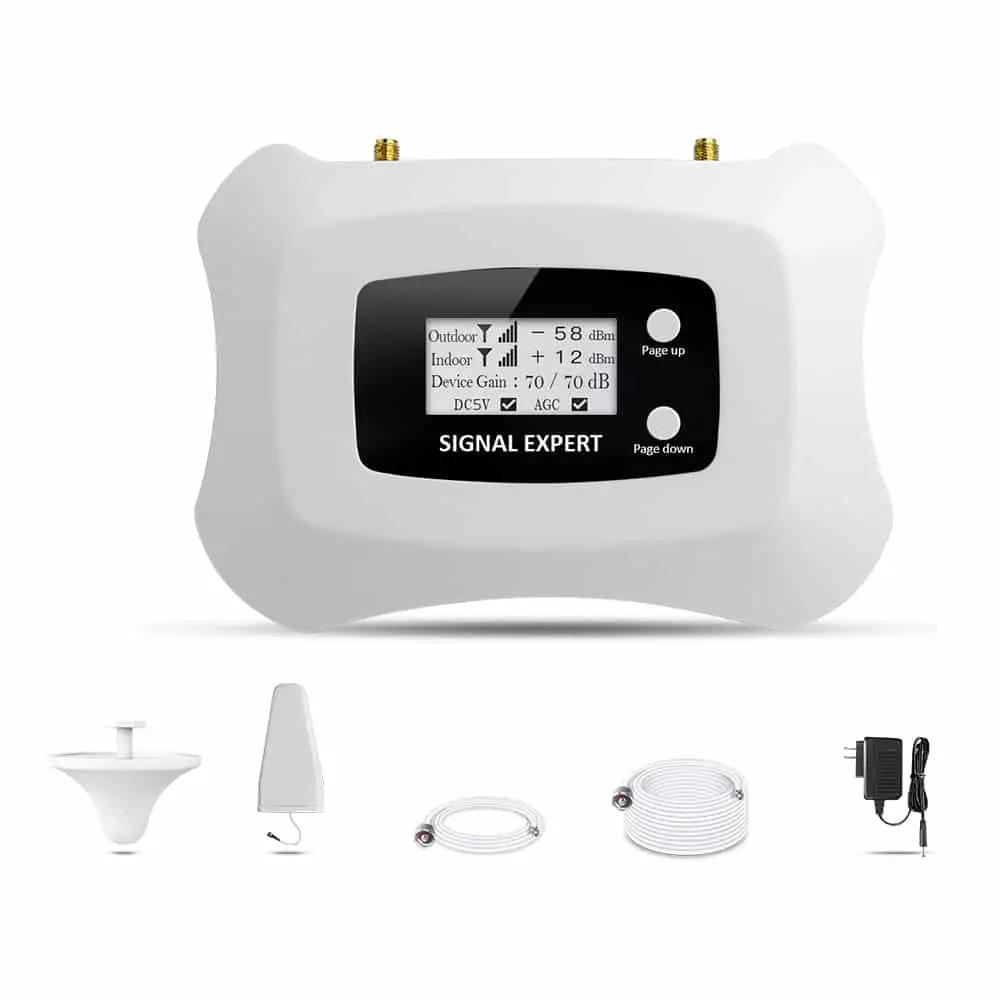How to Maximize Mobile Signal Coverage in Residential Buildings
In the digital age, a seamless mobile signal is as essential as a roof over our heads. As we delve into the nuances of ensuring robust mobile signal coverage in residential buildings across New Zealand, this guide delves deeper into how to maximize mobile signal coverage in residential buildings and apartments.
Understanding Frequencies
New Zealand’s telecommunications spectrum is allocated across various frequencies, each serving a specific purpose. Carriers operate on bands like 700 MHz, 1800 MHz, 2100 MHz, and 2600 MHz, each with its unique characteristics. To maximize signal coverage, residents need to comprehend the frequencies dominant in their region.
Carrier Dynamics
A key consideration in optimizing signal coverage is an awareness of the carriers dominating the landscape. Major carriers like Spark, Vodafone, and 2degrees each deploy their networks on specific frequencies. Residents must identify the dominant carriers in their area to align with the appropriate frequency bands.
The Role of Mobile Signal Boosters
Enter the game-changer – mobile signal boosters. These devices act as amplifiers, capturing existing signals, enhancing their strength, and rebroadcasting them within residential spaces. Designed for simplicity, boosters cater to various frequency bands and multiple carriers, ensuring comprehensive coverage.
Installation Guidelines
Installing a mobile signal booster involves a straightforward process:
- Site Survey: Identify the areas with weaker signals. This assists in the strategic placement of the booster for optimal coverage.
- Outdoor Antenna Placement: Position the outdoor antenna where the signal is strongest. This antenna captures the existing signal to be boosted.
- Indoor Antenna Placement: The indoor antenna rebroadcasts the boosted signal. Place it strategically to cover the intended indoor areas.
-
Booster Installation: Connect the mobile signal booster, ensuring it supports the identified frequencies and carriers. Power up the system, and voila – enhanced signal coverage!
Ensuring Compliance
Residential users must adhere to regulatory guidelines when deploying signal boosters. While boosters are legal and immensely beneficial, compliance ensures they operate within parameters that prevent interference with carrier networks.
Future-Proofing Connectivity
As technology evolves, staying ahead of the curve is crucial. Residents should consider boosters that support a wide range of frequencies and carriers, ensuring their investment remains effective amidst changing telecommunications landscapes.
In conclusion, ensuring optimal mobile signal coverage in New Zealand’s residential buildings is a nuanced but achievable endeavour. By understanding frequencies, identifying carriers, and leveraging the amplifying prowess of mobile signal boosters, residents can transform their homes into connectivity havens, where every call, message, and online experience is as seamless as it should be. This article helped you understand how to maximize mobile signal coverage in apartment and residential buildings. If you have any questions regarding any of our products please contact us.
